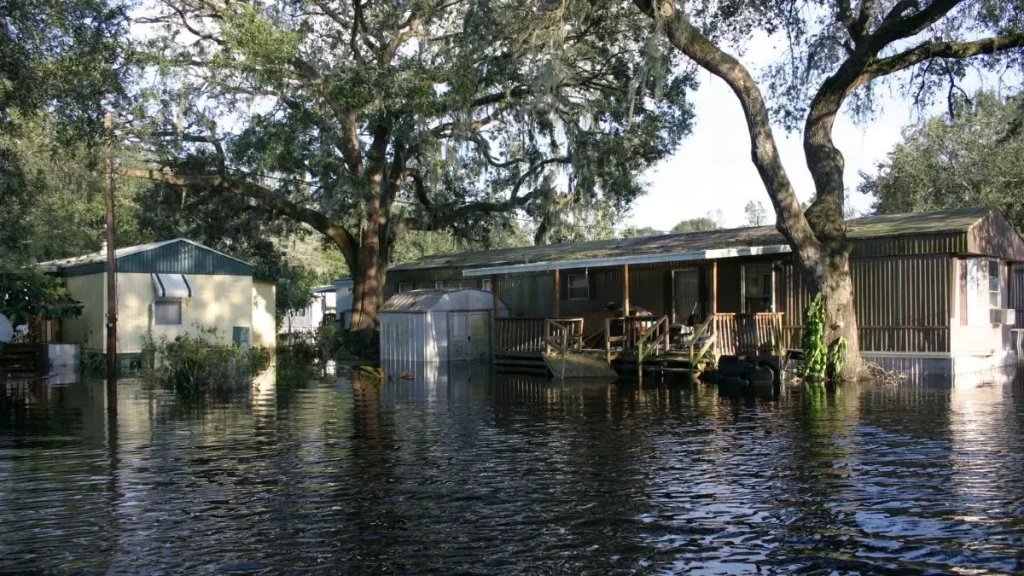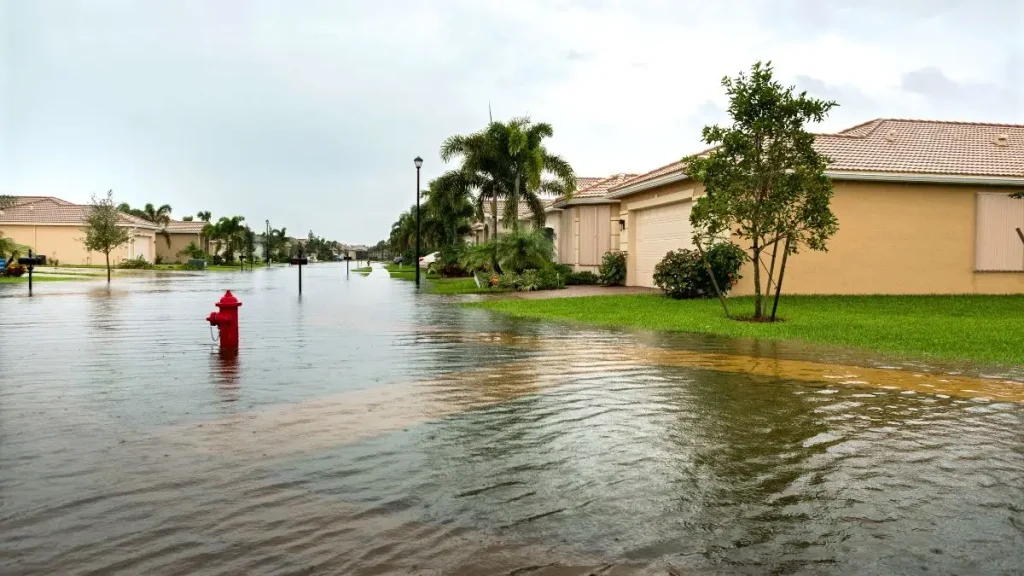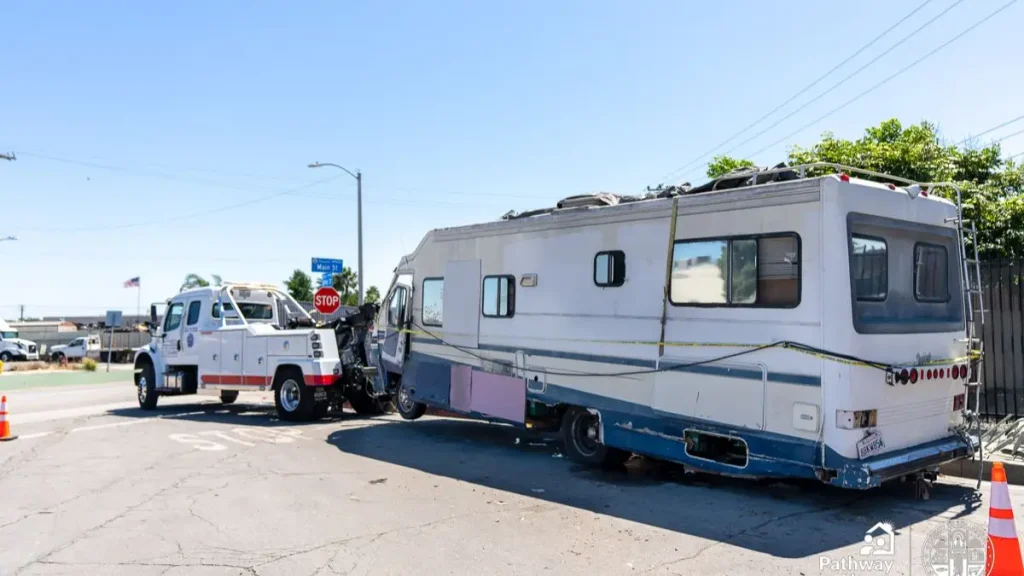North Plainfield Home Destroyed in Blast After Severe Flooding
I’ve seen storms do serious damage before, but what happened Monday night in North Plainfield was different. A home on Parkview Avenue didn’t just flood—it exploded. The kind of explosion that rips through brick and wood like paper. The kind that shakes you, even if you’re blocks away.
It happened just after 11:25 p.m. Neighbors say there was a loud boom, then flames. Fire crews rushed in to find the house already engulfed. At first, they thought four people might still be inside. But thankfully, the family had already evacuated because of the rising water. They were safe. The home, though, was gone.
It’s the kind of incident that leaves a community asking: how did floodwater turn into something this deadly?
Let me walk you through it.
Late-Night Chaos on Parkview Avenue
If you’ve ever heard a gas explosion, you know the sound sticks with you. That’s exactly what happened around 11:25 p.m. on Parkview Avenue. One second it was quiet, just the sound of stormwater rushing through the streets. The next—boom. A wall of fire tore through the house.
According to ABC7 NY, the fire department responded fast. But by the time they arrived, the house was fully engulfed. Flames were shooting up into the sky. It wasn’t just a fire—they were told people might still be inside.
That moment must’ve felt like a nightmare for the crews. Four residents were unaccounted for at first. Thankfully, police say the family had already left earlier due to the flooding. No injuries were reported. But if they’d waited even a few more minutes, this could’ve ended very differently.
You never expect to lose your home in one night. Especially not like this.
Gas Leak Triggered by Floodwaters — The Hidden Danger

I’ll be honest with you—floods are scary on their own. But when rising water starts messing with buried gas lines, things get dangerous fast.
That’s exactly what police believe happened here. The floodwater likely shifted or damaged a gas line near the foundation of the house. When gas escapes into a flooded home, all it takes is one spark. A light switch. A basement appliance. Anything.
And boom—your house becomes a fireball.
We talk a lot about securing your home for floods, but gas lines are often overlooked. If you’re ever in a flood zone, especially after storms like this, always be alert for the smell of gas. If you even suspect a leak, get out and call the utility company—don’t wait.
This wasn’t just bad luck. It was a perfect storm of water, gas, and timing. And it could happen again, anywhere.
I couldn’t help but think of another family in Cedar Falls who barely escaped a burning home with their pet. That kind of close call stays with you.
‘We’re Just Thankful to Be Alive’: What the Homeowners Endured
Imagine watching your home burn from the street, knowing you had just left minutes before. That’s what the family on Parkview Avenue lived through.
In a conversation with NY Post, one of the homeowners said he was just grateful his family made it out alive. The house, in his words, was “ripped to shreds.”
Think about that for a second. One moment you’re grabbing bags, maybe helping your kids into the car because water’s filling the basement. The next, you’re looking back at what used to be your home—and it’s gone.
You can rebuild a house. You can’t replace lives. That’s the only good news here—they got out in time.
It’s moments like this that really stick with you.
Have you ever lived through a close call like this—or seen your neighborhood hit by extreme weather? Share your story in the comments. Others might learn from it.
Flying Containers and School Storage Debris Add to the Drama
Now here’s something no one expected: giant shipping containers flying down the street. Yes, you read that right.
Amanda Aldred, who was home with her kids, told ABC7 that three huge containers came hurtling past their house during the worst of the flooding. She had just enough time to grab her phone, check the rising water, and say to herself, “I’ve got about 15 minutes—then I have to call evac.”
It wasn’t just the water that scared her. Those containers were loaded with musical instruments and sports equipment from North Plainfield Middle School. If even one had hit her home, it would’ve been another disaster.
They ended up in a neighbor’s yard instead.
If you’ve never thought of floodwaters as strong enough to move shipping containers, think again. And if your house sits near a storage yard or school facility—this might be something worth checking out.
During events like this, updates move fast—and so do rumors. That’s why many folks now rely on real-time local alerts, including WhatsApp community channels that track fire, flood, and emergency news right as it happens. Sometimes, those updates come minutes before the official ones.
‘It’s Happening Again’ — Community Shaken After Repeat Disaster
If you’re from North Plainfield, this storm probably gave you flashbacks to 2021. Hurricane Ida wrecked this area just a few years ago. Most people thought they wouldn’t see that kind of flooding again so soon.
But they did.
Robert Aldred, Amanda’s husband, put it plainly: “Two times in four years. I’m over it.” And honestly? I don’t blame him.
You prepare once, maybe twice—but when destruction keeps coming, it wears you down. Emotionally, financially, everything. Many families in this neighborhood are still recovering from the last big one. And now they’re starting over again.
This isn’t just a weather story. It’s a reminder of how vulnerable we are when the systems we rely on—drainage, utility, emergency response—get overwhelmed.
It reminded me of a similar overnight fire where the roof collapsed during a house fire in DeKalb County. The damage pattern—and the speed—were eerily familiar.
Dozens of Vehicles Swept Away, Homes at Risk
You don’t expect your car to just vanish during a storm—but that’s exactly what happened in parts of North Plainfield.
Police said between 35 to 50 vehicles were either flooded or swept away during the storm. Imagine waking up the next morning, stepping outside, and your car’s not where you left it. Or worse, it’s submerged halfway down the street.
And it wasn’t just cars. Three other homes near the explosion site—on Sweetbriar Lane—are being checked for foundation damage. That kind of flooding doesn’t just ruin furniture; it can shift entire buildings.
If your home ever floods, don’t assume the damage is just cosmetic. Always get the foundation inspected. It’s the one part of the house you never want to ignore.
Sadly, not everyone gets out in time. Just recently in Gulfport, a 62-year-old man lost his life in an overnight house fire—a stark reminder of how quickly these events can turn deadly.
Is New Jersey Facing a New Flood Reality?

Let’s be honest—this isn’t just a “once-in-a-decade” storm anymore. We’ve now seen two severe events in four years. Ida in 2021. This explosion in 2025. That’s not a coincidence. That’s a trend.
Climate experts have been warning us: extreme rain in the Northeast is becoming more frequent and more intense. And areas like North Plainfield—low-lying, tightly packed, and aging in infrastructure—are especially at risk.
What can you do? Stay informed. Ask your local officials about stormwater management plans. And if your home is in or near a flood zone, consider retrofitting or elevating key systems like your electrical panel or gas meter.
I know it sounds like overkill. But after what we just saw? Playing it safe feels smarter than ever.
Flood Safety and Gas Leak Prevention Tips
Here’s the part no one talks about until it’s too late: what should you do if a flood might lead to a gas leak?
If water’s rising in your area:
- Don’t touch light switches or electrical appliances.
- Evacuate early—don’t wait until it’s knee-deep.
- If you smell gas (a sulfur or rotten egg smell), leave immediately and call your utility provider.
And after a storm, even if everything looks okay, make sure your gas meter, foundation, and main appliances are inspected. Don’t assume it’s fine just because nothing exploded.
FEMA and utility companies like PSE&G actually have great checklists for this stuff. It’s boring until your kitchen’s on fire.
This story isn’t meant to scare you. It’s to remind you that knowing what to do can make all the difference.
What Happens Next in North Plainfield?
Cleanup’s already started, but this won’t be a quick recovery. The family who lost their home is safe, but they’ve lost everything. Dozens of others are dealing with flood damage, insurance claims, and the emotional weight of what could’ve happened.
Emergency officials are still inspecting nearby homes. The school where the containers came from will likely need to review its storage plans. And residents are pushing for answers on whether gas lines and drainage systems were properly maintained.
If you live in North Plainfield—or anywhere flood-prone—this is your wake-up call. Ask questions. Push for improvements. And most importantly, don’t wait for the next storm to prepare.
Final Thoughts
When a house explodes in the middle of the night, it’s more than just a headline—it’s a warning. This wasn’t just about rain or a faulty pipe. It was about how fast things can go wrong when systems break down and warnings are ignored.
If you live in a flood-prone area, take this seriously. Don’t wait until you’re running out the door with your kids, hoping you made it out in time. Prepare now. Because storms like this aren’t rare anymore—they’re becoming routine.
If you want to stay ahead of these real-world risks—fires, floods, or anything in between—explore more on our site Build Like New. We break down what’s happening in homes across the country so you can protect yours better.
Disclaimer: This article is based on publicly available news reports, eyewitness accounts, and official sources as of the time of writing. It is intended for informational purposes only and does not replace expert safety or legal advice. Please consult local authorities or licensed professionals for flood and gas safety guidelines specific to your area.


